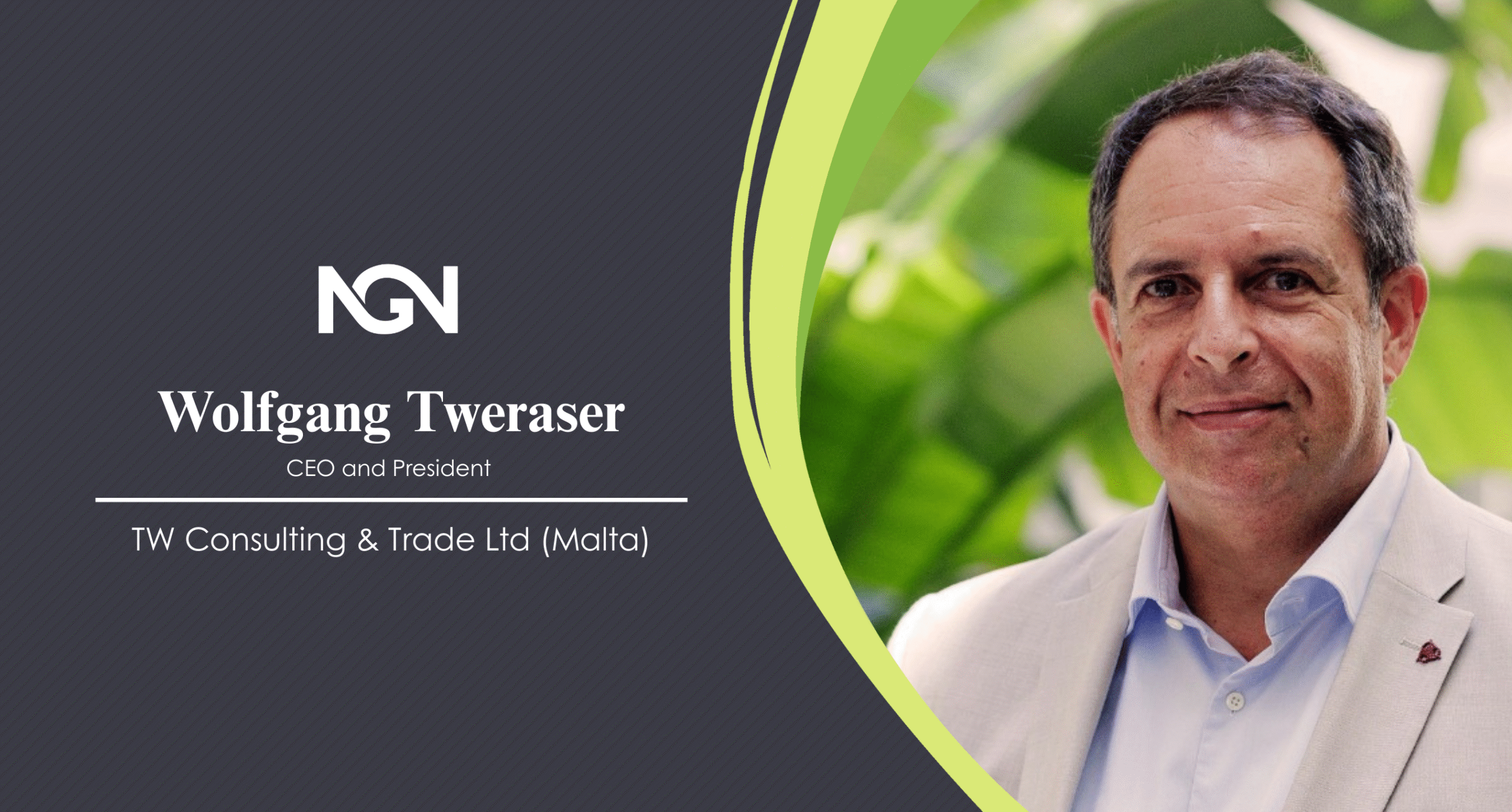Let’s explore the details of the interview!
Q: What are the main duties and challenges associated with being a Chief Pharmacy Officer, and how do you manage them?
As Chief Pharmacy Officer (CPO), my role is critical in overseeing the pharmacy department within a healthcare organization. The CPO must balance strategic planning with operational management while addressing various challenges. My primary responsibilities include setting and executing the pharmacy department’s strategic objectives, ensuring alignment with the organization’s overall goals, and managing day-to-day operations such as staffing, budgeting, and inventory control.
I ensure compliance with federal, state, and local regulations, as well as accreditation requirements. My focus is on delivering top-tier clinical pharmacy services, which include medication therapy management, patient safety, and improving clinical outcomes. Furthermore, I contribute to patient care through medication management, clinical consultations, and working collaboratively with other healthcare professionals. I also oversee the pharmacy’s financial operations, which include cost control, revenue generation, and financial reporting.
The challenges I encounter include keeping up with frequent regulatory changes to ensure compliance and managing drug shortages. Balancing cost control with maintaining high-quality patient care is essential, especially with staffing shortages and budget limitations. Additionally, staying ahead of rapid technological advancements and incorporating new technologies into existing systems is a significant hurdle. Effective communication and collaboration with other healthcare professionals are also vital to achieving success in this role.
Q: How do you stay ahead of trends and ensure your organization embraces the latest advancements in pharmaceutical research, regulations, and best practices?
I stay informed by attending continuing education (CE) programs, professional development conferences, and seminars that offer updates on the latest developments in the pharmacy field. I also leverage professional networks and collaborate with peers. To stay on top of industry trends and research, I read extensively, adopt emerging technologies, and pilot new innovations or practices before fully implementing them to assess their effectiveness.
Q: Can you provide an example of an innovative program or initiative you’ve introduced that has significantly enhanced patient care or operational efficiency?
Recently, we introduced MedEx, a medication tracking solution designed to improve medication administration safety and management. This system has been instrumental in tracking medication inventory and monitoring real-time medication administration. It has greatly assisted both pharmacy and nursing teams in addressing missed doses and ensuring accurate medication administration.
Q: What strategies do you use to foster a culture of continuous improvement and motivate your team to adopt new technologies and practices?
Creating a culture of continuous improvement and motivating the team to embrace new technologies requires a multifaceted approach. First, I lead by example, demonstrating my commitment to ongoing improvement and openness to new technologies. I also foster a learning environment by offering access to training programs, workshops, and continuing education opportunities. It’s crucial to involve the team in discussions about new technologies and practices, encouraging their input. I cultivate a collaborative culture where team members work together to solve challenges. Lastly, I promote a growth mindset that sees challenges as opportunities for learning and development.
Q: From your perspective, what emerging trends and technologies will shape the future of the pharmacy industry?
The pharmacy industry is on the brink of a major transformation, driven by trends such as personalized medicine, wellness and longevity, collaborative practice agreements, and hospital-at-home models. Emerging technologies like artificial intelligence (AI), machine learning, blockchain, digital health apps, wearables, and advanced data analytics are set to revolutionize how patient data is analyzed, outcomes are tracked, and treatment plans are optimized. These advancements will lead to improved decision-making and patient care, reshaping how pharmacies operate, manage medications, and deliver care.
Q: How do you see the role of Chief Pharmacy Officers evolving in the future, and what skills will be vital for success in this position?
The role of Chief Pharmacy Officers (CPOs) is expected to evolve significantly in the coming years due to technological advancements, changes in healthcare delivery models, and an increased focus on value-based care. I anticipate that CPOs will play a key role in strategic planning, influencing system-wide initiatives, and integrating pharmacy services into multidisciplinary care teams. The adoption of new technologies, such as AI, telepharmacy, and advanced electronic health record (EHR) systems, will be central to streamlining operations and enhancing patient care. Key skills for success will include strategic thinking, leadership and change management, technology management, communication, and financial proficiency.
Q: What advice would you give to aspiring pharmacy professionals who aspire to take on leadership roles in the field, and how can they prepare for future challenges?
- Build Strong Clinical Knowledge: Develop a strong clinical foundation to enhance your credibility and help you make well-informed decisions that impact patient care.
- Commit to Lifelong Learning: Stay updated with continuous education and training to adapt to new medications, technologies, and practices.
- Develop Leadership Abilities: In addition to clinical skills, focus on leadership competencies such as communication, team building, and conflict resolution. Effective leadership involves guiding teams, managing resources, and fostering a positive work environment.
- Understand the Business Side: Gain knowledge of financial and operational aspects of pharmacy management, including budgeting and resource allocation, and understand how pharmacy services align with broader organizational goals.
- Promote Interdisciplinary Collaboration: Build strong relationships with other healthcare professionals. Effective pharmacy leaders collaborate with physicians, nurses, and other providers to enhance patient outcomes and streamline processes.
- Encourage Innovation: Be open to new ideas and technologies that can improve pharmacy practices and patient care. Foster a culture of innovation within your team and be proactive in implementing new solutions.
By focusing on these areas, aspiring pharmacy leaders can position themselves to navigate the complexities of the role and make a meaningful impact on their organizations and the broader healthcare community.







